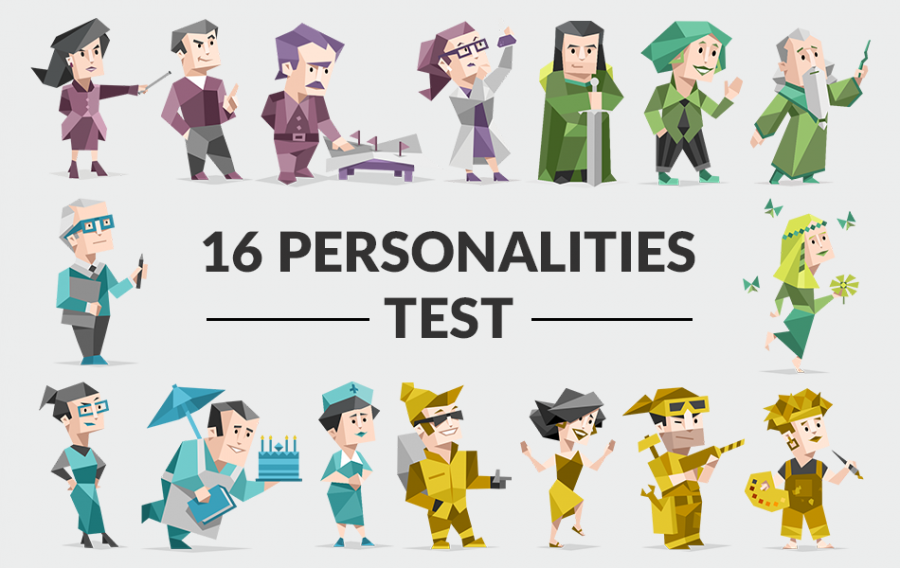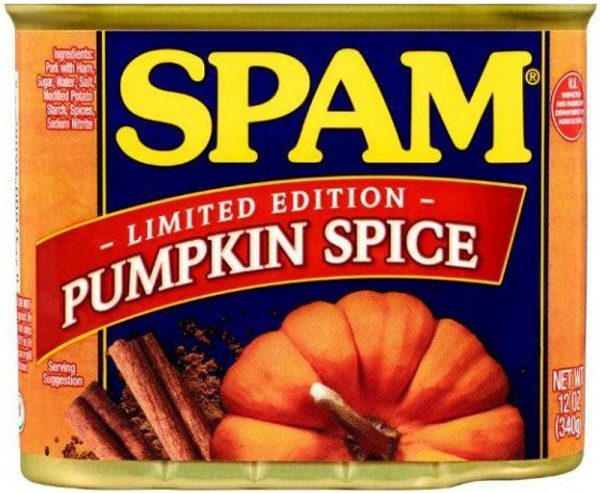‘What’s your type?’ A look into the growing popularity of personality typology
The Myers–Briggs Personality Test was designed to give people a detailed overview of how they would respond in different life aspects and situations. It is based on the psychologist known as Carl G. Jung and his theory of psychological type. The creators of this test, Katharine Briggs and her daughter Isabel Briggs Myers, wanted to bring Jung’s theory to a broader audience and further help people in figuring out their personality. This test helps reveal the type of person you are, although it is subject to change as you grow.
There are sixteen different personality types according to this test and you will answer a series of questions that will determine the type of personality you have. Each personality has four letters such as “INFJ,” that match your preferences. The first letter is where you focus your attention and you are either (E)xtroverted or (I)ntroverted. The second letter stands for how you take in information which may be with (S)ensing or (P)erceiving. The third letter is for how you make decisions and you would fall under (T)hinking or (F)eeling. The final letter represents how you deal with the world and you would either be (J)udging or (P)erceiving. There are in-depth explanations as to why you are a certain kind of personality, but the quiz will give you a basic name for your personality. For example, ENFP is the “campaigner” type, which can be easily translated as a free spirit. While this test is considered pseudoscience and is not backed by science, several businesses and everyday people throughout the 20th and 21st century consistently look back to their results as a reference for their actions. Even though it has not been proven by science, it can still be pretty clear as you will find yourself matching up with the way the results match your personality and how it describes you.
This test commonly tends to be popular with not only Fortune 500 companies, but also teenagers. It has become a craze, especially in the past five or so years, for teenagers to take quizzes ranging from this personality test all the way to figuring out ‘what Billie Eilish song are you?’ Teenagers like to use the Myers–Briggs Personality Test to measure how they would act in a friendship or romantic relationship. Teenagers are still growing and so is everyone else’s minds. You can take this test and not relate to everything it says; it is more of a general analysis on the type of person rather than an in-depth evaluation of someone’s life actions. Freshman Nathan Sheehan is an avid user of the Myers-Briggs test and stresses the importance of it.
“See, when you get into the (results), I would say the majority of it is accurate but I feel like for some people, they can be a type and not relate to everything because of the way people can be sometimes. I think the test is more like how your mind works. I don’t really think it’s much of a personality,” Sheehan said.
It is overall a sufficient test that gives more insight than the typical Buzzfeed quiz. Many people should be able to benefit from this as long as they don’t read too much into it. One should not look to just a single resource to evaluate themselves, but it can still benefit them in several aspects of their life.
If you are interested in taking the Myers–Briggs Personality Test, visit 16personalities.com





